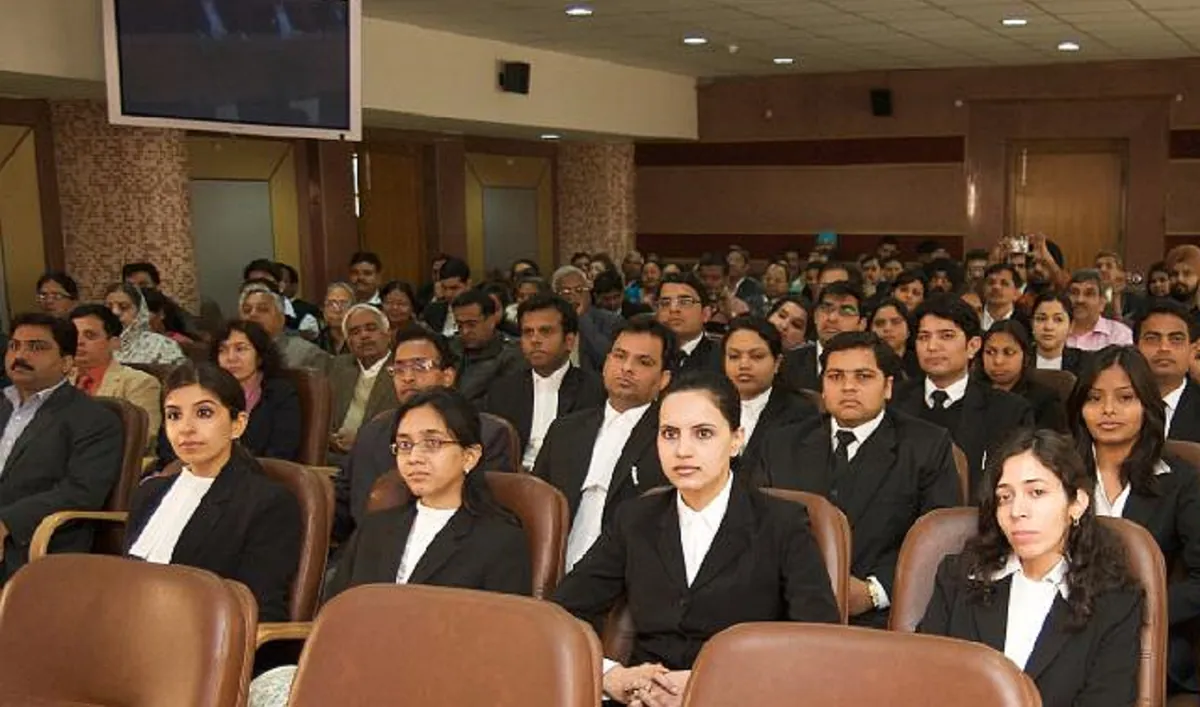FATF Urges India to Accelerate Financial Fraud Prosecutions
Global watchdog FATF calls on India to expedite financial fraud cases and enhance anti-money laundering efforts. Despite compliance in most areas, India faces challenges in prosecutions and oversight of certain sectors.

The Financial Action Task Force (FATF), a global anti-money laundering watchdog, has called upon India to accelerate its prosecutions in financial fraud cases. This recommendation comes as part of the FATF's recent assessment of India's anti-money laundering and counter-terrorist financing measures.
Vivek Aggarwal, an additional secretary at the Department of Revenue in India's finance ministry, stated that the government is implementing measures to expedite the prosecution process. These efforts include establishing special courts and increasing the number of prosecutors.
The FATF report, released on September 19, 2024, rated India as "moderately" effective in its money laundering investigation and prosecution efforts. While the country was found to be compliant or largely compliant with 37 out of 40 FATF parameters, several areas for improvement were identified.
One of the primary challenges highlighted in the report is the low number of money laundering convictions over the past five years. This issue has been attributed to constitutional challenges and the saturation of India's court system. India's judicial system is notorious for its significant case backlog, with millions of pending cases contributing to delays in prosecutions.
The FATF urged India to impose stricter limits on cash transactions involving precious metals and stones, citing potential risks for monitoring. This recommendation is particularly relevant given India's thriving precious metals market, especially in gold.
The report also emphasized the need for improved oversight of non-profit organizations and enhanced scrutiny of political figures' sources of wealth. These areas were identified as having only partial compliance with FATF standards.
"India needs to focus on concluding the prosecutions and convict and appropriately sanction terrorist financiers."
The watchdog noted that India faces terrorist financing threats from groups active in the Jammu and Kashmir region. This disputed territory has been a source of conflict between India and Pakistan since 1947, highlighting the complex geopolitical challenges in addressing terrorist financing.
Despite these challenges, India has made significant strides in its anti-money laundering efforts. The Enforcement Directorate, India's primary agency for combating economic crime, has seized assets of suspected financial criminals amounting to 9.3 billion euros over the last five years. However, the report noted that confiscations based on convictions totaled less than $5 million during the same period.
As part of its oversight process, the FATF has placed India under "regular follow-up," requiring a progress report in three years. This decision underscores the importance of addressing the identified issues promptly and effectively.
India's efforts to combat money laundering and terrorist financing are crucial, given its position as the world's largest democracy and the fifth-largest economy by nominal GDP. The country's ongoing struggle with corruption, ranking 85th out of 180 countries in the 2021 Corruption Perceptions Index, further emphasizes the need for robust anti-money laundering measures.
As India works to implement the FATF's recommendations, it will need to balance its efforts with other economic challenges, including the rise of cyber crime. With India ranking third globally in terms of cyber attacks in 2023, addressing digital financial crimes will be an essential component of its overall strategy to combat illicit financial activities.


































